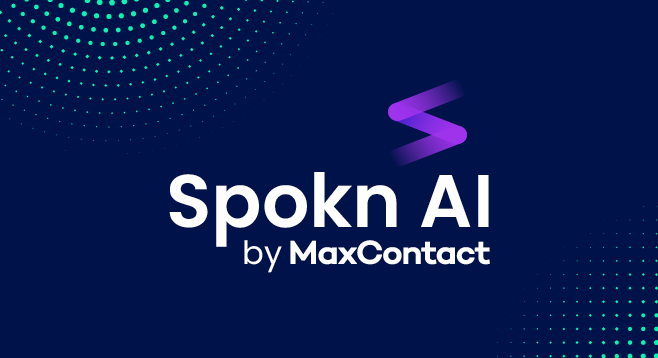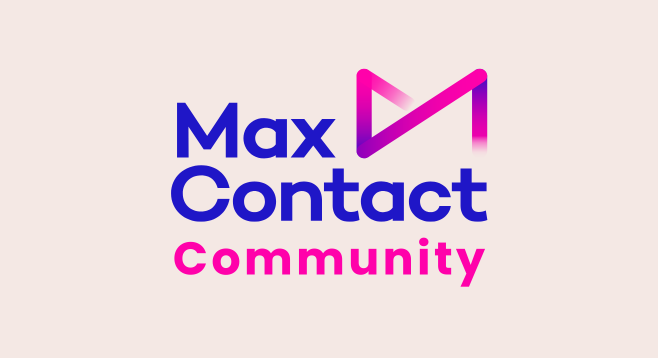Contents
What is Contact Centre Scripting
How has Contact Centre Scripting Evolved
What are the Benefits of Contact Centre Scripting
Optimising Contact Centre Scripting for Emotive Personalisation
In this guest blog, Whistl share insights on how contact centre scripting has evolved and explore how it can benefit your business by enhancing compliance, agent training, and customer experience.
What is Contact Centre Scripting?
Contact centre scripting is a structured approach to customer service and support operations. Agents work with predefined scripts or guidelines for customer interactions or inbound contacts for phone calls, live chat, social media interactions or emails. These scripts provide a step-by-step framework for agents to follow, guiding them on what to say, how to say it, and what actions to take during a customer interaction.
How has Contact Centre Scripting Evolved?
Contact centre scripting has evolved from static, paper-based guidelines to dynamic, AI-powered tools prioritising personalisation and empathy. This evolution reflects the industry’s commitment to delivering exceptional customer experiences while maintaining efficiency and consistency in customer interactions.
Early Manual Scripts
Initially, scripts were simple, paper-based documents. These scripts often contained basic greetings, frequently asked questions and troubleshooting steps.
Digital Scripting Tools
With the advent of computer-based technology, call centres started using digital scripting tools and software applications. These tools allowed for more dynamic scripts that could adapt based on customer responses with real-time guidance and information.
Integration with Customer Relationship Management (CRM) Systems
Modern contact centres integrated scripting tools with CRM systems, enabling agents to access a customer’s history, preferences, and past interactions for more personalised and efficient service.
Dynamic and Adaptive Scripts
Rather than rigidly following a predetermined path, agents used them as a guide and, with the proper training, can deviate when necessary, addressing each customer’s unique needs and concerns.
Natural Language Processing (NLP) and AI
Recent advancements in artificial intelligence (AI) and NLP have further transformed scripting. AI-powered chatbots and virtual assistants can engage in natural, human-like customer conversations while following predefined guidelines to provide relevant responses and even learn from interactions to improve over time.
Emphasis on Empathy and Emotional Intelligence
In the modern era of customer service, there’s a growing recognition of the importance of empathy and emotional intelligence. Scripting has evolved to include prompts for agents to use empathetic language and actively listen to customers, ensuring interactions feel more personalised and human.
Omnichannel Scripting
Contact centre scripting has expanded beyond phone interactions to encompass multiple communication channels, including live chat, email, social media, and SMS. Agents now use scripting tools capable of seamlessly managing interactions across these various channels.

What are the Benefits of Contact Centre Scripting?
The effectiveness of these operations can significantly impact the customer experience and, subsequently, a company’s success.
Structured Framework
Scripts ensure that every customer receives consistent information and assistance, regardless of which contact centre agent they speak to. This consistency builds trust and reliability, critical components of a positive customer experience.
Compliance
Adhering to specific guidelines is crucial in regulated industries such as finance or healthcare. Contact centre scripts help agents ensure that they provide accurate and compliant information, reducing the risk of legal issues.
Efficient Problem Resolution
Scripts guide agents through troubleshooting processes, enabling them to address customer issues quickly and effectively. This efficiency reduces call duration and customer frustration.
Training Support
New contact centre agents often face a steep learning curve. Scripts provide a clear framework, helping them gain confidence and competence, along with support for product knowledge to relay accurate information to customers, even if they have yet to become experts in the field.
Improved Customer Experience
A positive customer experience is the cornerstone of successful contact centre operations. Contact centre scripting contributes to this with the following:
Enhanced Communication
Scripts guide agents using transparent and customer-friendly language, making interactions more understandable and pleasant for callers.
Reduced Hold Times
Structured calls lead to quicker problem resolution, reducing the time customers spend on hold and, consequently, their frustration levels.
Empathy and Personalisation
While scripts provide structure, they can also allow for empathetic and personalised interactions. Contact centre agents can infuse their tone and personality into conversations, making customers feel valued and heard.
Optimising Contact Centre Scripting for Emotive Personalisation
Contact centres must optimise their scripts based on customer feedback, changing industry regulations, and evolving customer preferences. Personalisation in customer interactions is critical to successful customer experiences.
Emotive Language
Scripts can include prompts for agents to use empathetic and emotional language when appropriate, allowing agents to connect with customers on a deeper level.
Tailored Solutions
Scripts should not be rigid. Agents should be empowered to adapt the script to individual customer needs, ensuring solutions are tailored to each situation.
Active Listening
Encourage contact centre agents to actively listen to customers, even if they’re following a script, enabling the agents to address specific concerns and emotions effectively.
Contact centre scripting is a powerful tool for ensuring structured, efficient, and compliant interactions between agents and customers. It supports training efforts, promotes consistency, and improves customer experiences. However, it’s essential to balance structure and personalisation, allowing agents to infuse their empathy and personality into conversations. By harnessing the benefits of scripting while embracing flexibility, businesses can elevate their operations and deliver exceptional customer experiences.
Contact Solutions from Whistl offers personalised and human customer experiences across every channel. Whistl offers complete visibility of every communication, powered by our partnership with MaxContact.




